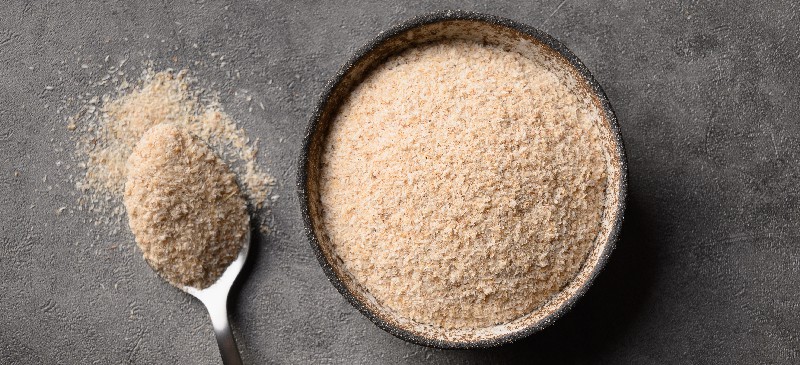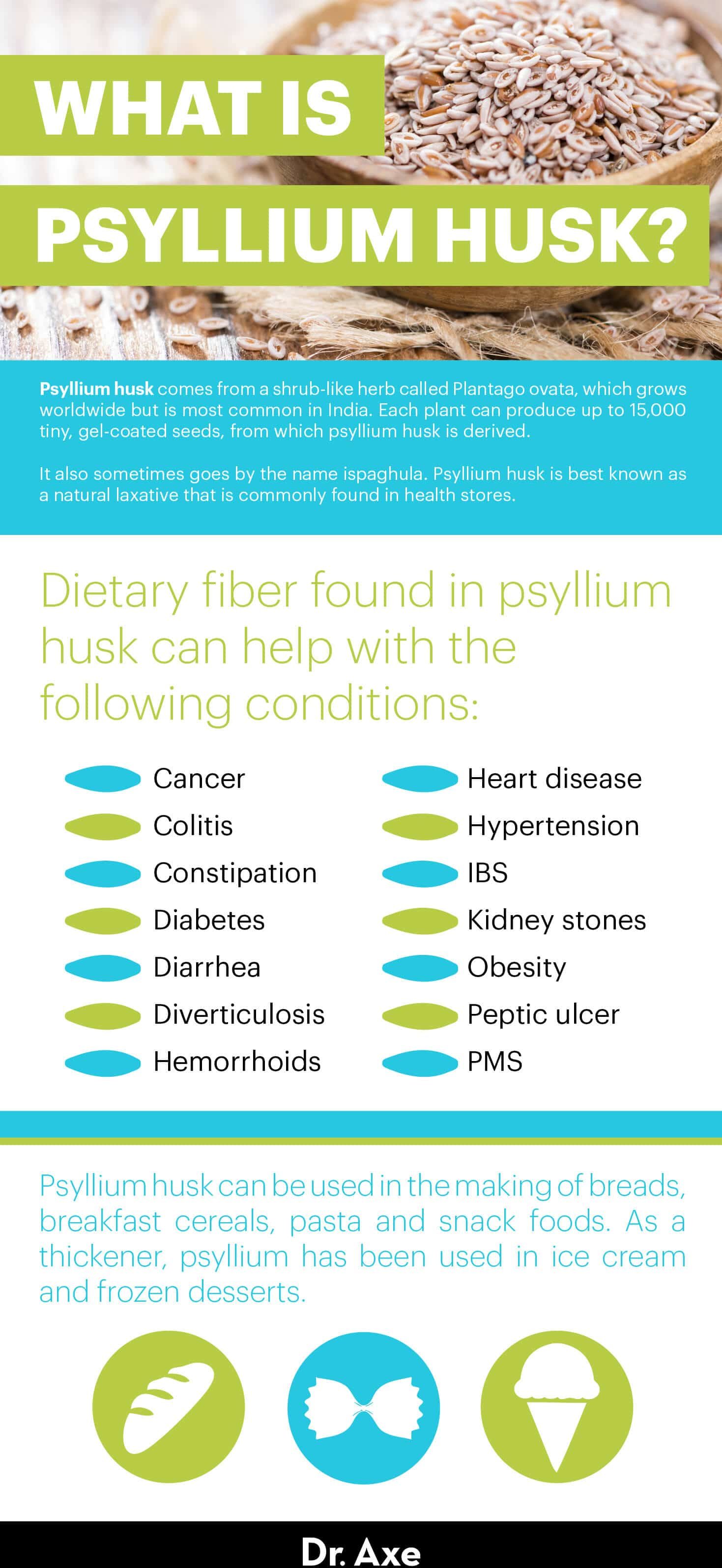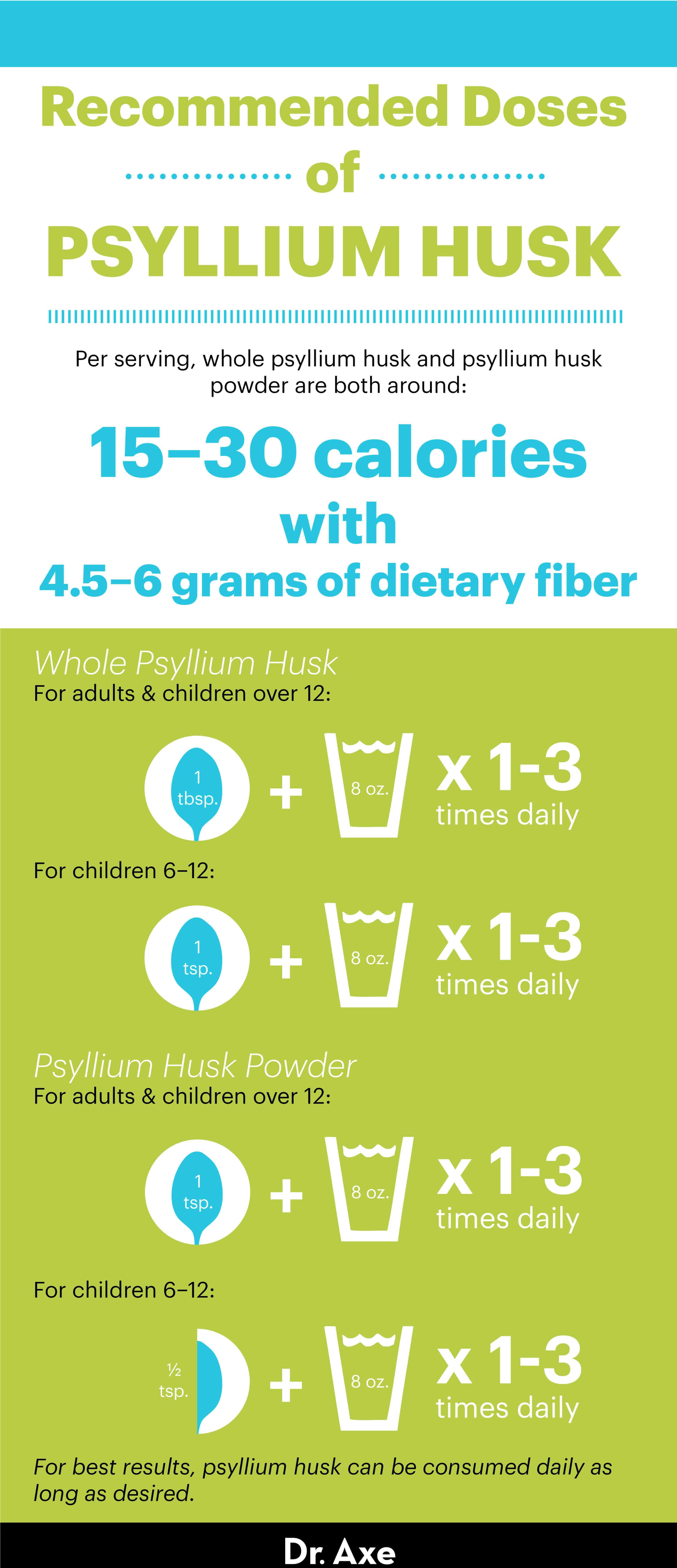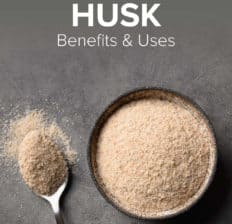This Dr. Axe content is medically reviewed or fact checked to ensure factually accurate information.
With strict editorial sourcing guidelines, we only link to academic research institutions, reputable media sites and, when research is available, medically peer-reviewed studies. Note that the numbers in parentheses (1, 2, etc.) are clickable links to these studies.
The information in our articles is NOT intended to replace a one-on-one relationship with a qualified health care professional and is not intended as medical advice.
This article is based on scientific evidence, written by experts and fact checked by our trained editorial staff. Note that the numbers in parentheses (1, 2, etc.) are clickable links to medically peer-reviewed studies.
Our team includes licensed nutritionists and dietitians, certified health education specialists, as well as certified strength and conditioning specialists, personal trainers and corrective exercise specialists. Our team aims to be not only thorough with its research, but also objective and unbiased.
The information in our articles is NOT intended to replace a one-on-one relationship with a qualified health care professional and is not intended as medical advice.
Psyllium Husk: A Fiber Supplement for Constipation & Cholesterol
January 2, 2024

Fiber is more than just a regulator — it’s also vital to deliver essential nutrients to the entire body. We obtain fiber most abundantly in our diets from whole grains, fruits and vegetables, but there are fiber supplements like psyllium husk available as well.
It is estimated that the average American consumes about half of the recommended amount of dietary fiber each day. Besides eating more fiber-rich foods on a daily basis, certain fiber supplements like psyllium husk can also be considered to get enough fiber.
However, most popular commercial brands of fiber supplements on the market are full of artificial flavors, colors and fillers. Instead, the best fiber supplements are 100 percent natural and without any additives.
Psyllium husk is a natural way to step up your fiber intake on a regular basis — and reduced likelihood of constipation is just one of many potential psyllium husk benefits.
What Is Psyllium Husk?
Psyllium husk comes from a shrub-like herb called Plantago ovata, which grows worldwide but is most common in India. Each plant can produce up to 15,000 tiny, gel-coated seeds, from which psyllium husk is derived. It also sometimes goes by the name ispaghula.
What is psyllium husk used for? It is best known as a natural laxative that is commonly found in health stores. Psyllium husk powder is an edible soluble fiber and prebiotic. For a 9 gram serving, it contains 6 grams of soluble fiber and 1 gram of insoluble fiber.
It’s often referred to as a bulking fiber because once it is ingested it expands, forming a gel-like mass by drawing water in from the colon. It then promotes easy, healthy elimination by sweeping waste out of the colon more quickly and efficiently. Unlike stimulant laxatives, psyllium is gentle and not addictive.
In addition, psyllium husk is known to have positive effects on heart health and cholesterol levels. Studies have also shown that psyllium husk fiber is safe, well-tolerated and improves glycemic control for people with diabetes.
Dietary fiber found in psyllium husk may also help with the following conditions: cancer, colitis, diarrhea, diverticulosis, hemorrhoids, irritable bowel syndrome, kidney stones and peptic ulcers.
Health Benefits
1. Relieves Constipation and Diarrhea
Constipation is a very common health issue. Chronic constipation is especially common in adults older than 60 years, and symptoms occur in up to 50 percent of nursing home residents.
Additional fiber intake in the form of psyllium is recommended by scientific studies to improve symptoms and provide natural constipation relief. Psyllium is recommended over magnesium-based laxatives.
When combined with water or another liquid, psyllium husk swells and produces more bulk, which stimulates the intestines to contract and helps speed the passage of stool through the digestive tract. Psyllium has also been found to be superior to docusate sodium for softening stools by increasing stool water content and has greater overall laxative efficacy.
Since psyllium seed husk helps make elimination easier, it also helps naturally treat hemorrhoids, which are often the result of constipation.
Psyllium can also be used to help relieve mild to moderate diarrhea. It’s beneficial to diarrhea sufferers because it soaks up a significant amount of water in the digestive tract, which helps make the stool firmer and slower to pass through the system.
2. Can Help Lower Cholesterol
Research makes it very clear that psyllium seed husk is a therapeutic addition to a healthy diet and lifestyle for people struggling with high cholesterol levels.
In a double-blind, placebo-controlled parallel study, all subjects maintained their usual diets, which provided less than 300 milligrams of cholesterol per day and approximately 20 percent of energy from protein, 40 percent from carbohydrates and 40 percent from fat.
The study found that eight weeks of treatment with psyllium reduced serum total cholesterol levels by 14.8 percent, low-density lipoprotein (LDL) cholesterol by 20.2 percent and the ratio of LDL cholesterol to high-density lipoprotein cholesterol by 14.8 percent relative to baseline values. The reductions in total cholesterol and LDL cholesterol became progressively larger with time, and this trend appeared to continue at the eighth week.
Another study published in the Journal of the American Medical Association examined the effectiveness of psyllium seed husk as an adjunct therapy for people with mild to moderate high cholesterol levels. This study found that compared with placebo, psyllium achieved a 4.8 percent greater reduction in total cholesterol level and an 8.2 percent additional reduction in low-density lipoprotein cholesterol level, clearly displaying psyllium husk’s ability to lower cholesterol naturally.

3. Helps Manage Blood Sugar
Psyllium can help current diabetics as well as people trying to prevent diabetes since the dietary consumption of fibers like psyllium husk can assist in maintaining healthy glycemic balance in the body.
One study evaluated psyllium seed husk fiber’s effect on lipid and glucose levels as an adjunct to dietary and drug therapy in patients with type II diabetes. The study found that taking psyllium daily can help patients with type II diabetes control their blood sugar without negative side effects.
Another study obtained similar results, indicating a beneficial therapeutic effect of psyllium in the metabolic control of type II diabetics. Psyllium husk certainly looks like a wise choice in the daily task to keep blood sugar levels in check, as well as a natural treatment for diabetes.
4. Can Improve Heart Health and Blood Pressure
Adding high-fiber foods like psyllium seed husk to your diet can help to lower heart disease risk. More specifically, a diet high in water-soluble fiber like psyllium husk is associated with lower triglyceride levels and a lower risk of cardiovascular disease.
A study in the European Journal of Clinical Nutrition evaluated the effects of psyllium in type II diabetic patients and found that psyllium not only improved blood sugar, but also reduced the risk of coronary heart disease.
Psyllium also has been shown to improve hypertension or high blood pressure, which has a direct negative effect on hearth health.
One main way to prevent hypertension is through a healthy diet. In a randomized clinical trial, six months of supplementation with psyllium fiber significantly reduced both systolic and diastolic blood pressure in overweight people with hypertension.
5. Healthy Weight Management
In our society, obesity is the most prevalent health issue affecting all age groups, and it leads to many serious health problems, including diabetes and chronic heart disease. Is psyllium husk good for weight loss? Psyllium husk is among the list of medicinal plants that have been shown to significantly decrease body weight.
Psyllium husk can be very helpful in maintaining and achieving a healthy weight since it encourages a feeling of satiety when it is consumed. Since we naturally eat less when we feel full, adding additional fiber to our diets in the form of psyllium husk can help us not overeat and can treat obesity naturally.
In addition, psyllium husk’s ability to improve the body’s natural elimination process positively affects weight as waste matter is removed more quickly and regularly from the body. A study published in Clinical and Experimental Hypertension in August 2007 found that psyllium supplementation for a six-month period led to a decrease in body mass index.
If you are trying to lose weight fast and looking to control overeating at meals, you can take psyllium husk shortly before or with a meal. Studies show that the addition of functional fiber, like psyllium husk, should be considered as a tool to improve success in weight-loss diets.
Uses
Wondering where to buy psyllium husk products? You can typically find psyllium in one or more forms at any health store and many online retailers. You can purchase whole psyllium husks, ground psyllium husk powder or psyllium husk capsules.
Some people find the whole husks to be more effective, especially when it comes to constipation, while others like the finer consistency of the powder. The powder is made by grinding the husks down so the gel ultimately produced is finer and has less of a grainy texture.
Similar to flax seed supplements, it’s pretty much a matter of personal preference. Either way, when purchasing any psyllium supplement you should always make sure that the product is 100 percent pure, which means it is free of gluten, sugar, artificial flavors, artificial colors and fillers.
Typically, to help regularity and relieve constipation, one serving of psyllium husk powder is mixed in eight ounces of water and consumed quickly.
Psyllium is a great natural alternative to gluten, xanthan gum, and other unhealthy and expensive binding agents used in baking. Since psyllium fiber is a soluble fiber, it becomes gelatinous and sticky in water. Researchers have found that by simply adding up to 5 percent of psyllium, they could improve the baking characteristics of bread.
When using psyllium as a binding agent in baking, you need to include additional liquid in your recipe to compensate for the water-absorbing ability of psyllium. It’s a good idea to let your dough or batter sit for a few minutes to give the psyllium a chance to gelatinize, and then you can add the appropriate amount of liquid to obtain your desired consistency.
Psyllium seed husk can be used in the making of breads, breakfast cereals, pasta and snack foods.
Dosage Recommendations
What is the typical recommended serving of whole psyllium husks?
- For adults and children over 12 years of age, it’s one tablespoon mixed into eight ounces of a liquid of your choice (water, juice, milk, etc.) one to three times daily.
- For children 6–12, the recommended psyllium husk dosage is one teaspoon one to three times daily.
For psyllium husk powder, the typical recommended serving is different than whole husks:
- For adults and children over 12 years of age, it’s one teaspoon mixed into a liquid of your choice one to three times daily.
- For children 6–12, the recommended dosage of psyllium husk powder is a half teaspoon one to three times daily.
Once the recommended serving of whole psyllium husks or psyllium husk powder is mixed well into at least eight ounces of liquid, it will thicken into a gel-like consistency (this is normal), and it should be consumed immediately. If the mixture is too thick, simply add more liquid.
Per serving, whole psyllium husks (one tablespoon) and psyllium husk powder (one teaspoon) are usually both around 15–30 calories with 3.5 to six grams of dietary fiber.
You can also purchase psyllium in capsule form. The amount of psyllium husk per capsule varies by company but typically contain around 500–625 milligrams per capsule. Follow the directions on the packaging for best results.
It is best to start by taking one serving of psyllium husk each day and gradually increasing to three servings per day if needed so the body can adapt. If minor gas or bloating occurs, reduce the amount you consume daily until your system adjusts.
All psyllium seed husk products should be stored at room temperature away from heat and light. Make sure to keep the supplement tightly closed to protect it from humidity.

Risks and Side Effects
Since the fiber in psyllium husk absorbs water, make sure to drink enough water when taking psyllium products so your digestive tract is optimally hydrated. Sometimes consuming too much fiber without enough water can cause digestive discomfort, so water intake along with fiber intake is key.
What are side effects of psyllium? Without drinking enough liquid, psyllium husk powder can possibly swell in the throat, causing blockage or choking. Always make sure to have enough liquid with your psyllium as well as additional water afterward if needed to avoid unwanted psyllium husk side effects.
Avoid use of psyllium if you ever had esophageal narrowing or any other swallowing difficulties. Do not take psyllium husk products if you have any bowel obstructions or spasms.
Some people find that consuming soluble fiber like psyllium seed husk helps relieve some symptoms of irritable bowel syndrome (IBS), such as diarrhea and constipation. However, studies have found mixed results so talk to your healthcare professional if you have IBS and would like to give psyllium supplements a try in your IBS diet.
Psyllium has also been found to be helpful in cases of ulcerative colitis or Crohn’s disease. Impressive research has shown that psyllium is as effective as the prescription drug mesalamine in maintaining remission of ulcerative colitis. The research is promising, but just to be safe you should speak with your healthcare professional first to decide how much fiber is right for your specific situation.
Is it safe to take psyllium every day? According to Mayo Clinic, while it’s best to obtain fiber from foods, there’s no evidence that daily use of fiber supplements such as psyllium is harmful. Check with your healthcare professional about ongoing daily usage.
As with all fiber supplements, do not take within one to two hours of prescription medications. If you are taking any type of medication or are under a doctor’s care, consult a health professional before using psyllium.
Final Thoughts
- Fiber is a vital, health-boosting part of our diets, but some people struggle with getting enough fiber in their diets.
- Many popular commercial brands of fiber supplements on the market today are loaded with artificial flavors, colors and fillers.
- Psyllium is a natural shrub-like herb used to make psyllium seed husk products that are most commonly used for natural constipation relief.
- They are also used to help diarrhea, lower cholesterol, manage blood sugar, lower blood pressure and weight management.
- Psyllium powder can be taken in water or another liquid by itself. It can also be used in recipes.
- Psyllium husk recipes like those for bread and other baked goods can not only be healthy and fiber-rich, but really tasty too!













